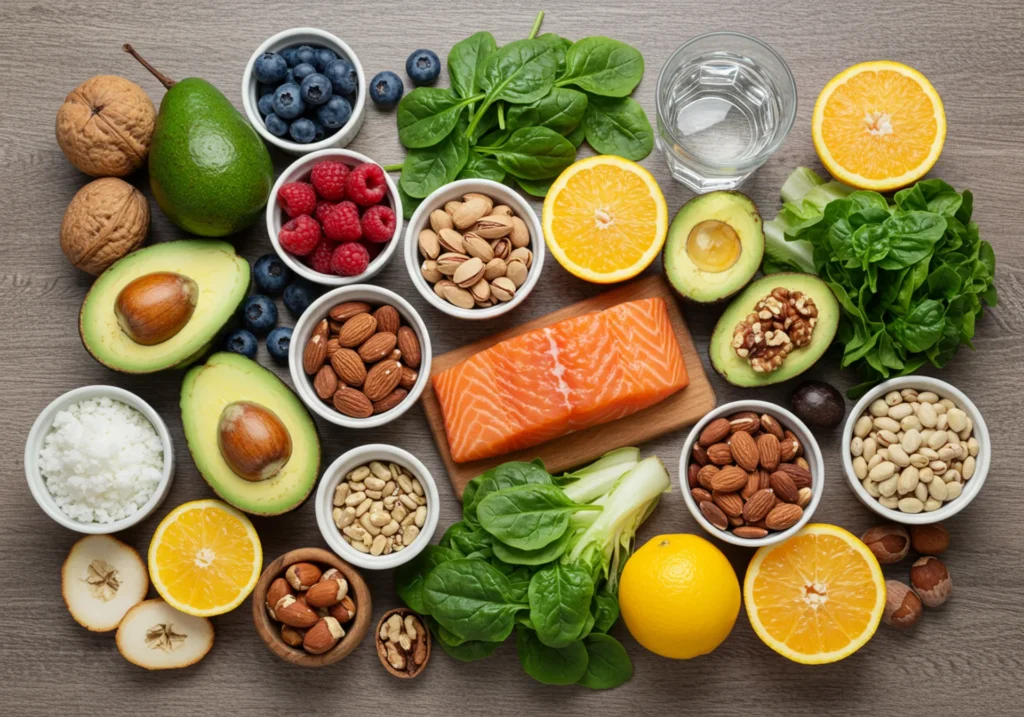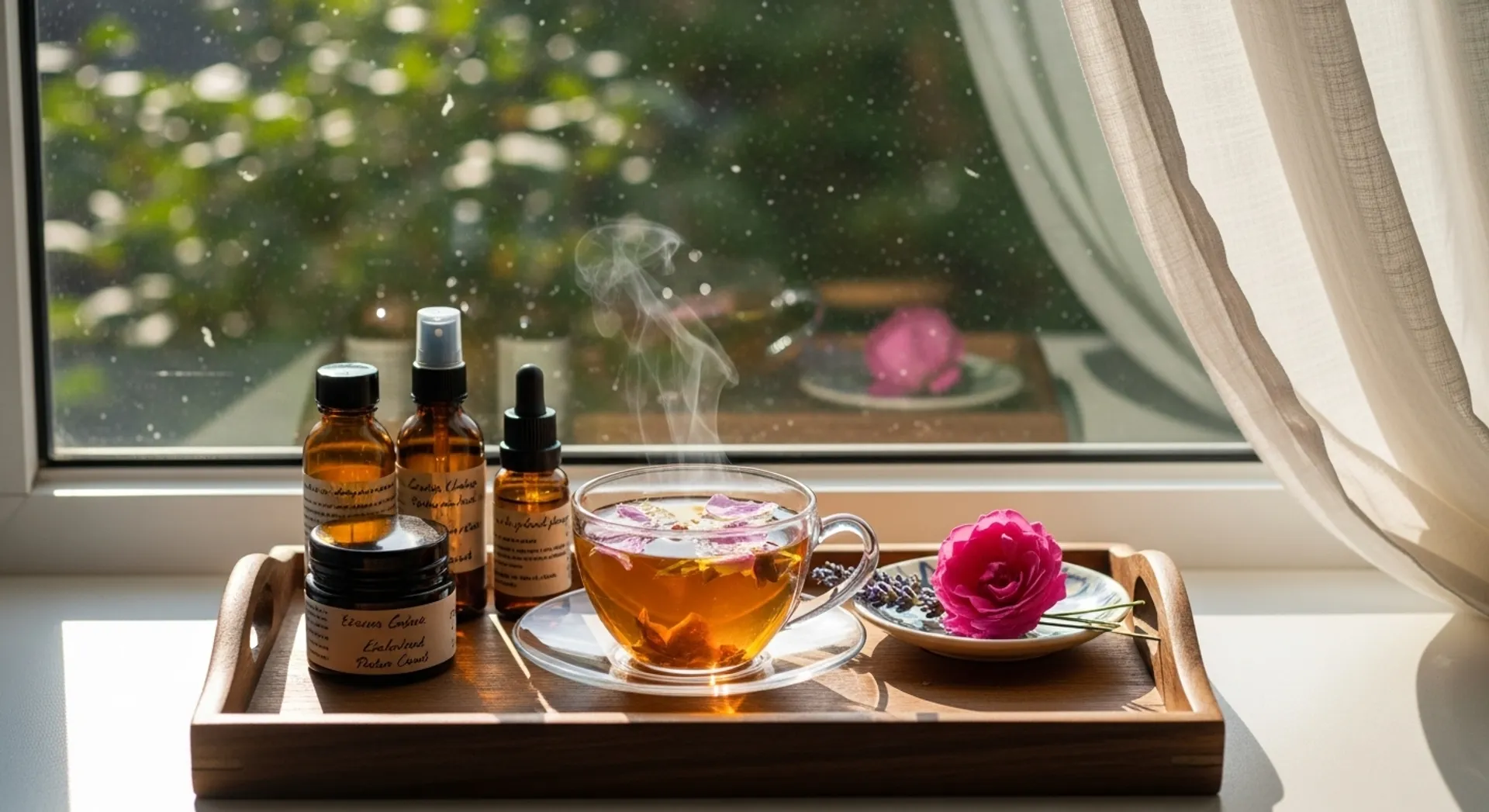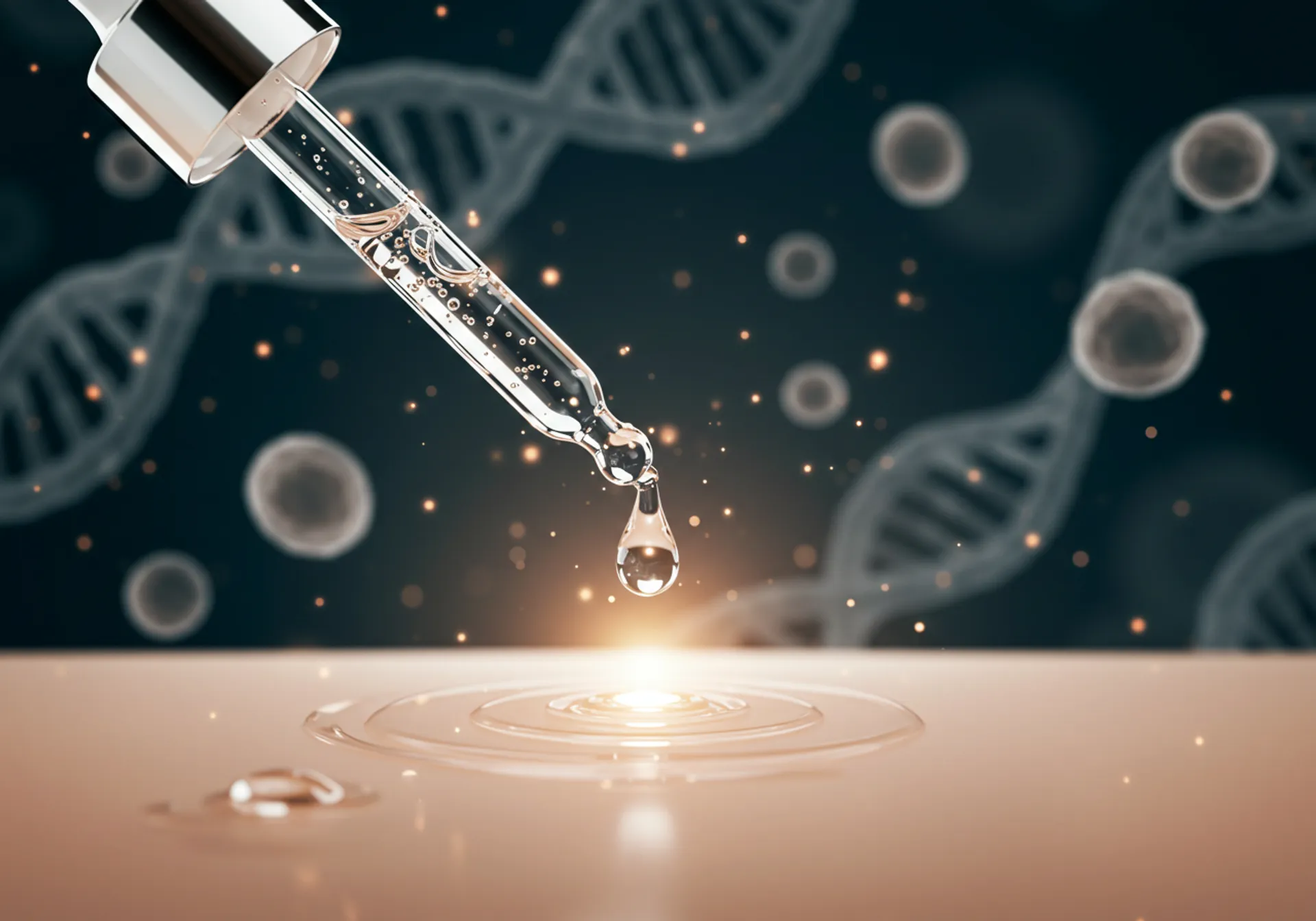When it comes to achieving healthy, radiant skin, most people focus on topical skincare products — creams, lotions, and serums. While these products can certainly enhance your skin’s appearance, the secret to truly glowing skin often lies much deeper: in your diet. The food you eat directly influences your skin’s health and appearance, as your body requires specific nutrients to maintain skin elasticity, hydration, and a youthful glow.
In this blog, we’ll explore the crucial role of nutrition in achieving healthy, radiant skin, and highlight the essential nutrients you need for optimal skin health. Whether you want to fight premature aging, reduce acne, or simply maintain a glowing complexion, proper nutrition is key.
1. Hydration: The Foundation of Healthy Skin
One of the most important factors in maintaining healthy skin is staying hydrated. Your skin is the largest organ in your body and needs a constant supply of water to stay supple and radiant. Dehydration can cause your skin to look dry, dull, and more prone to fine lines and wrinkles.
How to Hydrate for Glowing Skin:
-
Drink water: Aim for at least 8 cups (64 ounces) of water per day. This helps flush toxins from your body and keep your skin hydrated from the inside out.
-
Eat water-rich foods: Include water-dense fruits and vegetables like cucumbers, watermelon, strawberries, and leafy greens in your diet. These foods not only hydrate your skin but also provide additional vitamins and minerals that promote healthy skin.
2. Antioxidants: Protecting Your Skin From Damage
Antioxidants are compounds found in many fruits, vegetables, and herbs that help fight free radicals — unstable molecules that damage skin cells and accelerate the aging process. Free radicals come from environmental stressors like pollution, UV rays, and toxins, which can lead to premature wrinkles, age spots, and other skin issues.
Key Antioxidants for Skin Health:
-
Vitamin C: This powerful antioxidant is crucial for collagen production, which helps keep your skin firm and youthful. You can find Vitamin C in citrus fruits, bell peppers, broccoli, and strawberries.
-
Vitamin E: Known for its skin-repairing properties, Vitamin E protects skin from oxidative damage. It can be found in nuts, seeds, and vegetable oils like sunflower and olive oil.
-
Beta-carotene: This antioxidant, a precursor to Vitamin A, helps promote healthy skin by supporting skin cell turnover and repairing damage. Sweet potatoes, carrots, and spinach are rich sources.
Tip: To maximize the skin-healing benefits of antioxidants, aim to eat a variety of colorful fruits and vegetables. The brighter the food, the more antioxidants it likely contains!
3. Healthy Fats: Nourishing Your Skin from Within
Your skin needs healthy fats to maintain a strong moisture barrier, retain hydration, and protect itself from environmental damage. Omega-3 fatty acids, in particular, are essential for keeping your skin smooth, plump, and inflammation-free.
Best Sources of Healthy Fats:
-
Avocados: Rich in monounsaturated fats, avocados help keep the skin moisturized and prevent dryness.
-
Fatty Fish: Salmon, mackerel, and sardines are excellent sources of omega-3s, which reduce inflammation and promote a glowing complexion.
-
Nuts and Seeds: Walnuts, chia seeds, and flaxseeds are packed with omega-3s and vitamin E, which help support healthy skin.
Tip: Incorporate healthy fats into your meals by adding avocado to salads, snacking on nuts, or enjoying fatty fish a few times a week.
4. Vitamin A: The Skin’s Natural Repair Mechanism
Vitamin A is vital for skin health as it helps maintain the skin’s barrier function, supports cell turnover, and encourages the production of new, healthy skin cells. It is also essential for reducing acne breakouts and improving overall skin texture.
Foods Rich in Vitamin A:
-
Carrots: High in beta-carotene, which the body converts to Vitamin A.
-
Sweet Potatoes: Another excellent source of beta-carotene, which promotes healthy skin cell turnover.
-
Leafy Greens: Spinach and kale are loaded with Vitamin A, which helps repair and renew the skin.
Tip: Vitamin A is fat-soluble, so pairing Vitamin A-rich foods with healthy fats (like avocado or olive oil) can help increase absorption.
5. Zinc: Essential for Acne-Free Skin
If you struggle with acne, zinc may be your new best friend. Zinc plays a key role in regulating oil production in the skin and can reduce the inflammation that causes breakouts. It also helps in the healing process of wounds and scars.
Zinc-Rich Foods for Clear Skin:
-
Pumpkin Seeds: A great source of zinc that can help regulate oil production and reduce acne.
-
Nuts: Cashews and almonds are zinc-rich and support skin health.
-
Legumes: Lentils and chickpeas are excellent sources of zinc.
Tip: If you suffer from acne, consider adding more zinc-rich foods to your diet, but also consult with a dermatologist for personalized advice.
6. Collagen-Boosting Nutrients
Collagen is a structural protein in the skin that provides strength, elasticity, and hydration. As we age, our body produces less collagen, leading to sagging and the formation of wrinkles. Luckily, certain nutrients can help boost collagen production and keep your skin looking youthful.
Key Nutrients for Collagen Production:
-
Vitamin C: Essential for collagen synthesis, Vitamin C is found in citrus fruits, bell peppers, and leafy greens.
-
Amino Acids: Foods high in amino acids, like bone broth, chicken, and fish, provide the building blocks needed to produce collagen.
-
Copper: Found in nuts, shellfish, and seeds, copper helps stimulate collagen production.
Tip: Incorporate collagen-boosting foods like bone broth or collagen supplements into your diet to support your skin’s elasticity.
7. The Role of Probiotics in Skin Health
Your gut health is directly linked to the health of your skin. Poor digestion or an imbalance in gut bacteria can lead to inflammation, acne, and other skin issues. Probiotics help balance the gut microbiome and can have a positive effect on your skin.
Probiotic-Rich Foods:
-
Yogurt: Rich in probiotics that promote a healthy gut and, by extension, clear skin.
-
Kefir: A fermented dairy product that supports gut health and may reduce inflammation and acne.
-
Sauerkraut: This fermented vegetable is full of beneficial bacteria that can enhance your skin’s appearance.
Tip: Add more probiotic-rich foods to your meals or consider a probiotic supplement to improve gut health and promote clearer skin.
Conclusion
Your skin is a reflection of your internal health, and the nutrients you consume play a pivotal role in its appearance. Nutrition isn’t just about following a trendy diet; it’s about providing your body with the vitamins, minerals, and healthy fats it needs to support skin health and radiance. Incorporating the right foods — such as antioxidants, healthy fats, collagen-boosting nutrients, and probiotics — can have a profound effect on your skin’s appearance, texture, and overall vitality.
By focusing on a balanced, nutrient-rich diet, you can enhance your skin’s health and achieve a natural, radiant glow that goes beyond what any topical product can offer.




